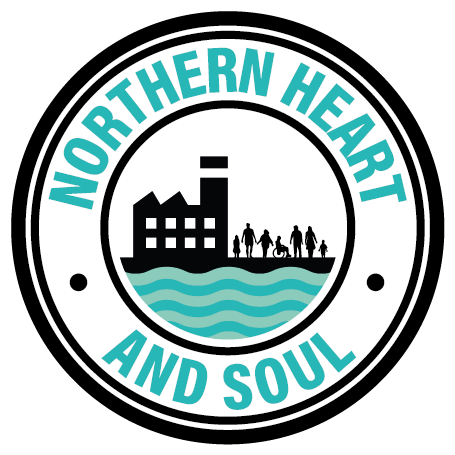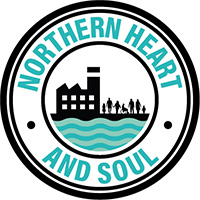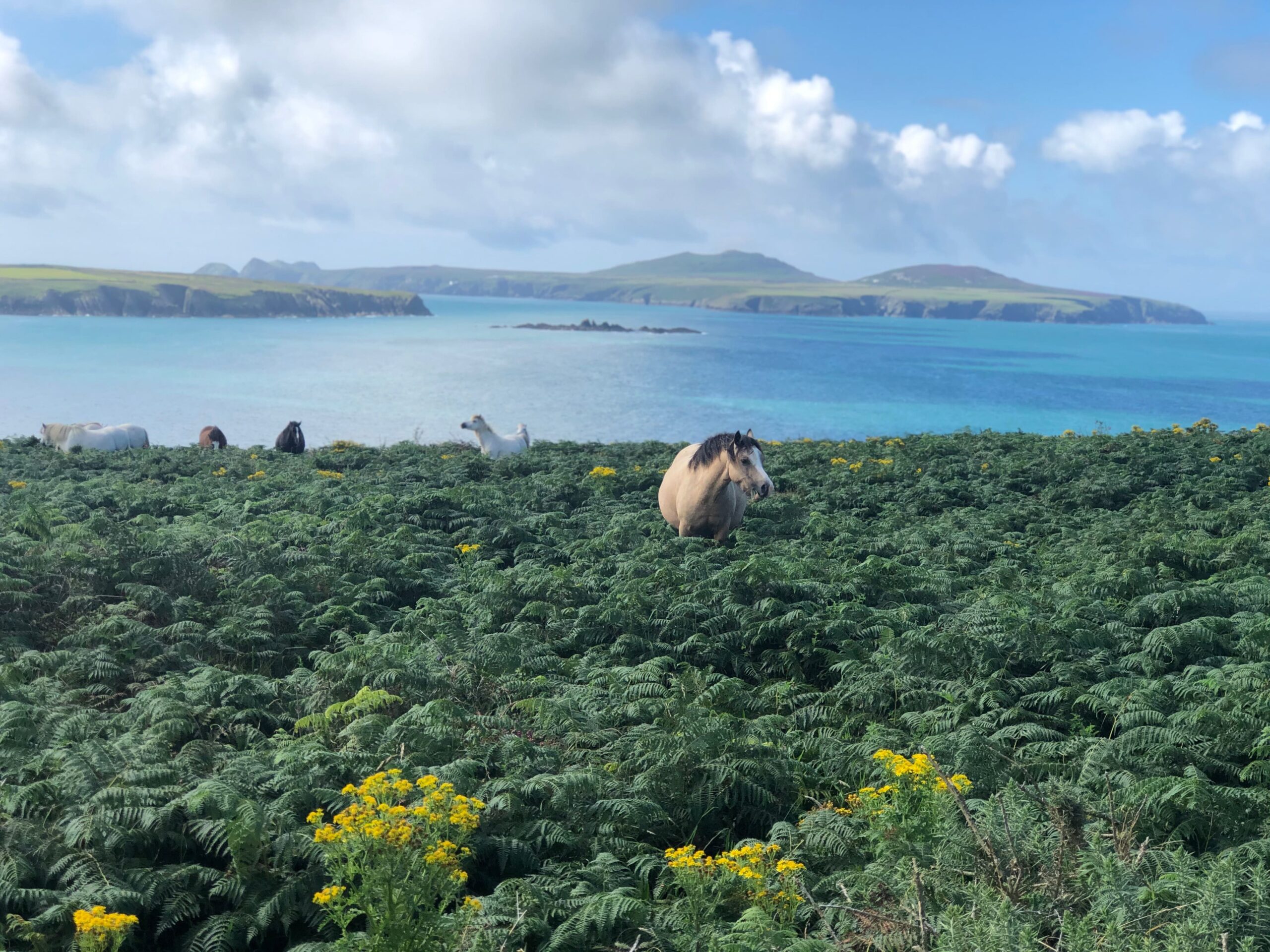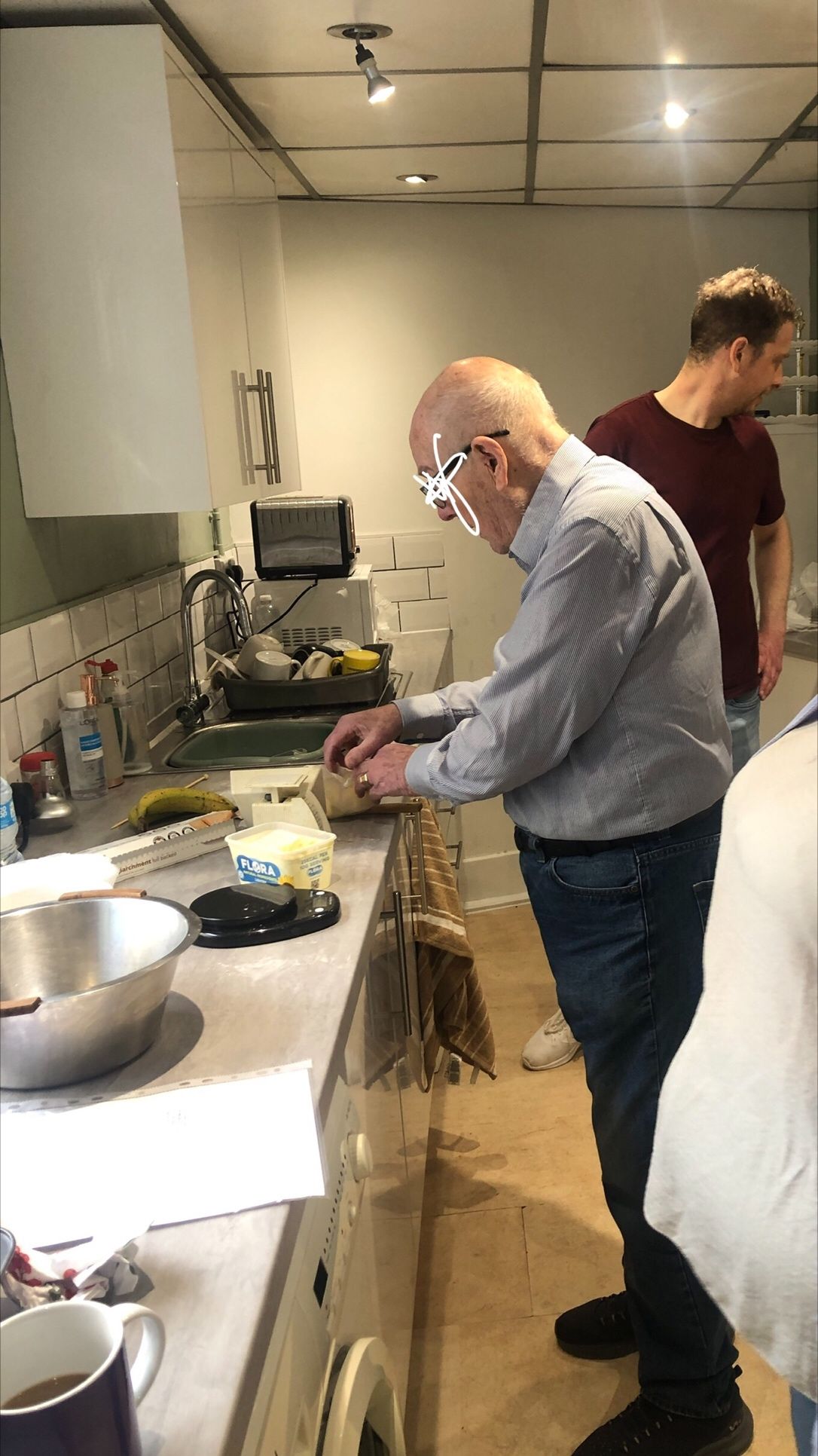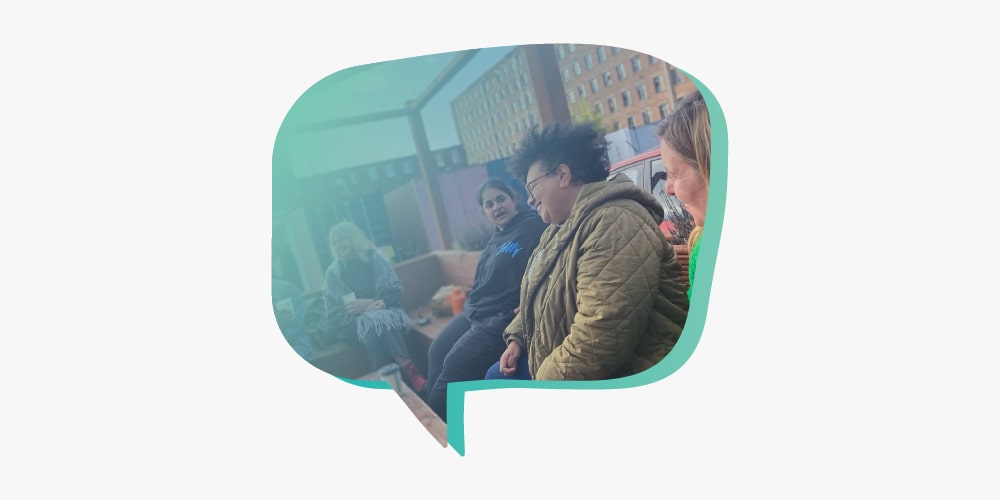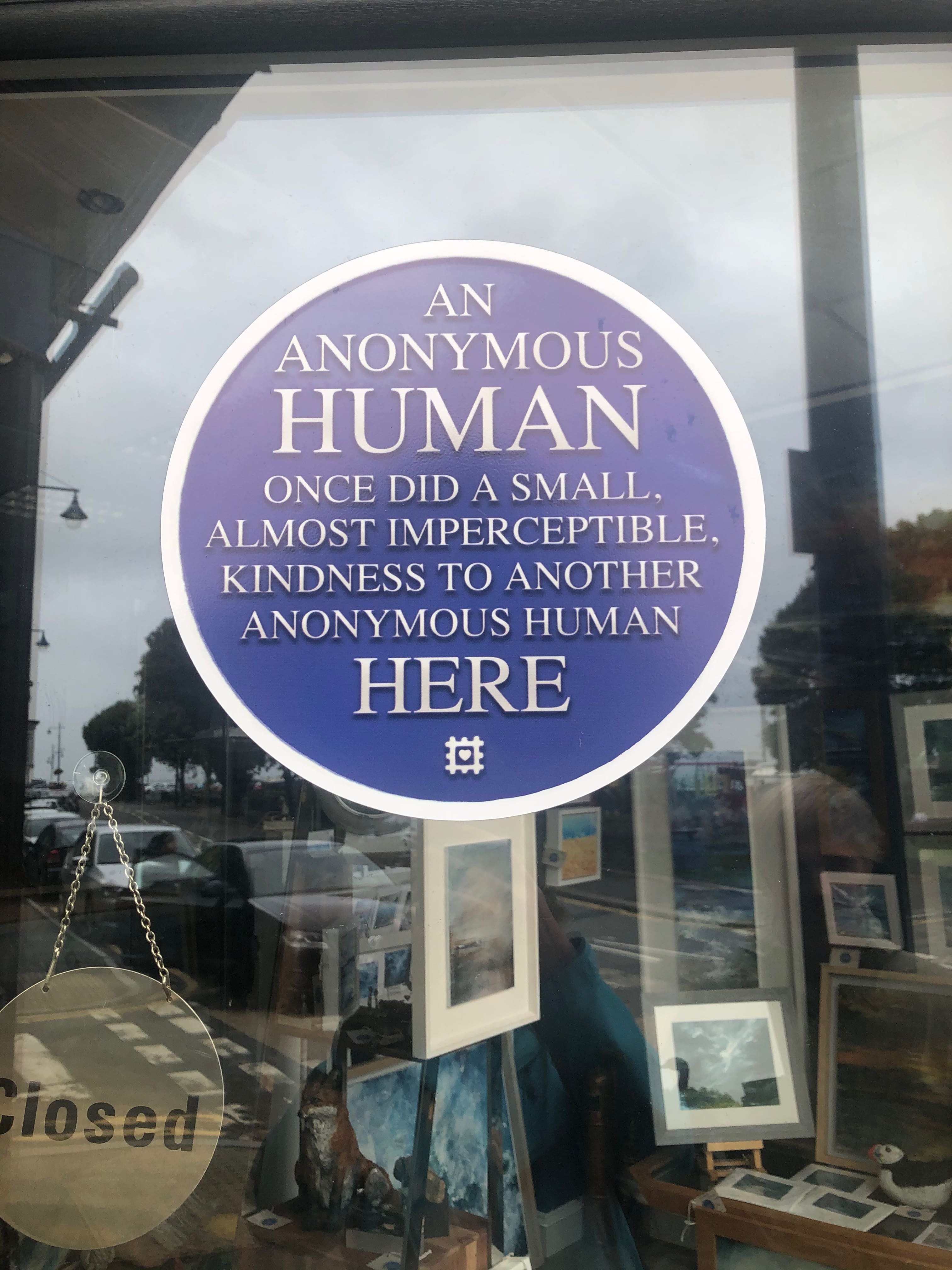
Addicted to Fixing
Christmas really is the time of year when we are all far more prone to disguise the privileged guilt and shame with a good bit of festive fixing. And you can feel it gearing up. I’ve the Covid food parcel feeling, but this time its mince pies and pyjamas and lots of well intentioned charitable elves.
It kind of helps people to sleep at night and stomach and justify the Christmas indulgence. We can rest with full tummies and say we’ve done our bit. Clock off for Christmas.
There’s the director with a million pound turnover who makes himself feel better by sending some ‘disadvantaged families’ a ready made Christmas pack. It seems we are all much happier with Christmas on prescription rather than raising cash and redistributing. ‘They might not spend it properly’, said one charity worker when I raised the idea of putting cash directly into peoples hands. Poverty is not an opportunity for good PR even if it might be tax deductible. It’s also a time when we get to see what many people really think about people who are struggling – feckless folk who can’t be trusted, they’d spend the Christmas cash on vodka and a bag of weed.
Then there’s the struggling Mum who gives what she cant afford, because even though she knows it’s tough, it’s been tougher, and, she’s been brought up on mutuality and reciprocity and knows the feelings of shame when you’re forced to rely on charity. No one will know whats she’s given, or who she helps.
There’s the local community organisation who in their mission to alleviate poverty have found themselves soothing and needing peoples needs in order to grow themselves and do more. They’ve accidentally become part of the poverty industry that Darren McGarvey describes so well in Poverty Safari. These organisation often centre and will celebrate how ‘kind’ and ‘community spirited’ the givers are whilst doing very little to challenge and break down the systems of oppression.
Then there’s the over reaching organisation, who in their desire to help can often find themselves overreaching and displacing community life and the natural eco systems. Finding right relationship and avoiding taking on a middle person role that may prevent neighbour to neighbour nearness is a tricky balancing act.
It’s in our nature to fix. It’s an inbuilt safety valve to prevent us feeling the pain of humanity. It’s too much to face as individuals, we have to hold it and each other collectively if we’ve any chance of meeting the pain of common humanity. As humans we are deeply connected to each other and the idea that someone might be hurting makes us feel bad and it make us feel better to help, or ignore, depending upon our internal safety response. We often don’t pause to consider the agency of the people we are helping. How a parent who cant afford Christmas might feel when someone turns up with it on the door step. How that might impact on the childs view of the role of a parent, and the role of the state. Which these days has been so diminished that it’s more likely to be some overstretched and under resourced community organisation, finding it difficult to stay in solidarity as the funders want charity and the monies that traditionally followed a child in need have dried up.
I mean I’m not saying we need to stop doing this. That would be crazy. Although it does make me furious when I see local institutions using other peoples difficulties as a PR opportunity. It feels exploitative to me.
I am speaking though through the experience of visiting families on the 27th December who’ve been in receipt of ‘delivery’ Christmas and talking to people who live in the same streets and had to deliver Christmas themselves. I’ve seen how that divides communities and engenders mistrust. I do have good insight and connection with people who have first hand experience of living in poverty and I often ask myself, would they design the charitable offer they receive? I don’t think they would. I think they’d want to design it, to own it, to be part of it. To shift from passive and needy recipient to needed coproducer.
I am calling for a Breakthrough Change.
Are you in?
Poverty is one thing I strongly believe we can do something about in this local area, if we shifted from poverty soothing and paternalism and centred first hand experience. So when the tinsel is down, let’s organise?
